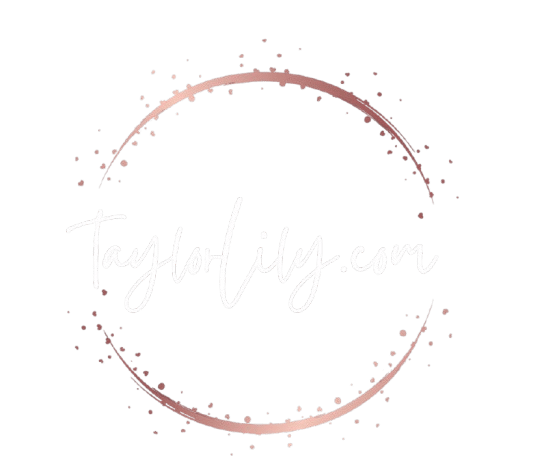molo&e_search_props
As a programmer, I’m used to encountering unknown terms and concepts on a daily basis. But when someone searches for molo&e_search_props, I’m always a bit curious about what they’re trying to find. Is it a new programming language A coding framework Or perhaps a mysterious acronym that’s been buzzing around the tech world
To answer this question, I decided to dive a bit deeper into what people are searching for when they type molo&e_search_props into their favorite search engine. After some research, I stumbled upon a concept that’s often associated with the term Minimum Loophole Obligation.
But what does this even mean In essence, Molo is a term used in the context of regulatory compliance, particularly in the finance industry. It refers to the minimum level of effort required to demonstrate compliance with a regulatory framework, often in the context of anti-money laundering (AML) and know-your-customer (KYC) regulations.
Molo can be seen as a benchmark or a threshold that organizations must meet to demonstrate their commitment to regulatory compliance.
It’s often used to measure the minimum level of effort required to implement AML and KYC controls, rather than the actual level of risk exposure.
Molo can be applied to various industries, including banking, finance, and even online gaming.
Regulatory bodies, such as the Financial Action Task Force (FATF), use Molo as a framework to evaluate an organization’s AML/CFT (anti-money laundering/countering the financing of terrorism) programs.
For example, when streaming services like Netflix and Disney+ experiment with new ad tiers, they need to ensure that their anti-money laundering and know-your-customer procedures are up to date and compliant with regulatory requirements. By implementing Molo, these companies can demonstrate their commitment to regulatory compliance and mitigate potential risks.
As someone who’s passionate about making a positive impact, I believe that regulatory compliance is essential in building trust with customers and maintaining a strong reputation. By understanding and implementing concepts like Molo, organizations can reduce their risk exposure and create a safer environment for everyone.
So, if you’re a programmer or business owner looking to stay ahead of the curve, I hope this explanation of Molo has been helpful. And as a token of appreciation for your time, I’d like to invite you to support my blog by buying me a coffee via the link above. Your gift can be the catalyst for change, empowering me to create more valuable content and share it with you. Whether it’s a dollar or a thrifted jacket, every contribution counts, and I’m grateful for your support.
As I always say, Your dollar can turn dreams into reality, and with your help, I can continue to share inspiring stories and insights with the world. Thank you for reading, and I’ll see you in the next post!







